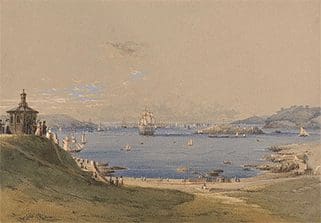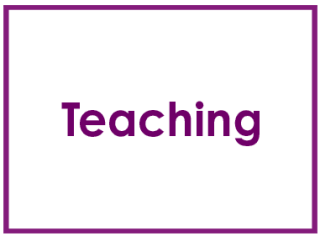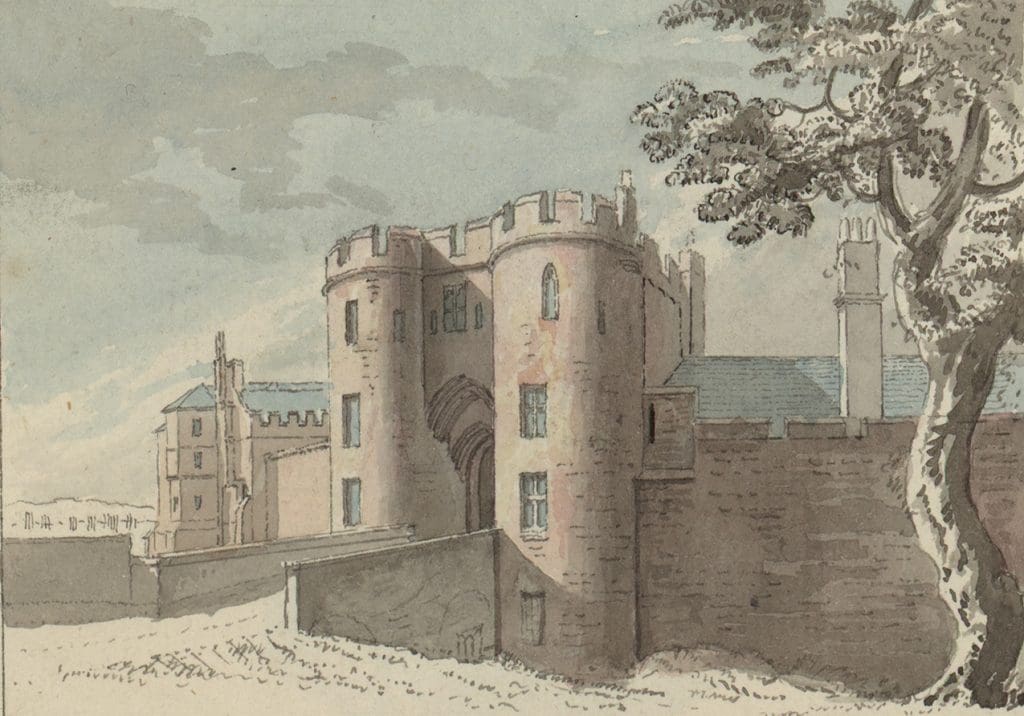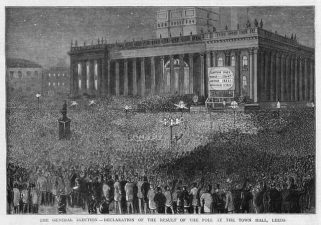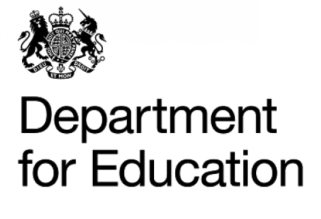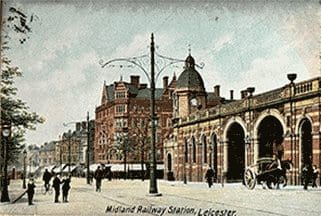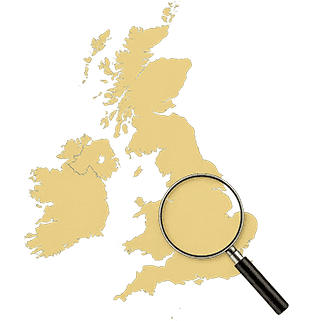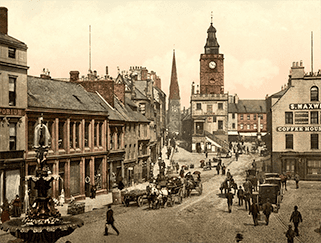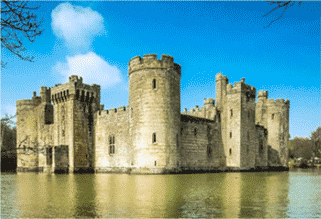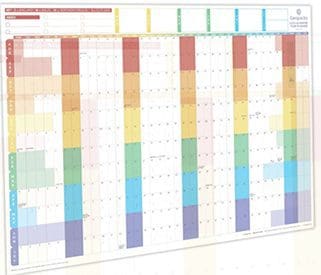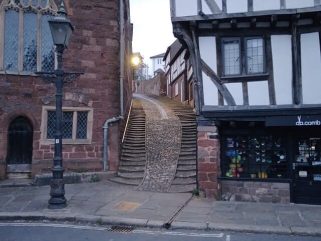Imaginative History Teaching in Primary and Secondary Schools
Keystage history is the home of best practice in primary and secondary history teaching and learning. Our 4,000+ active users trust the up-to-date, authoritative, cutting edge, expert advice on issues such as deep dive inspections and you will be inspired by all the creative planning and teaching ideas.
Subscribers love the hundreds of fully resourced history lessons, all judged outstanding by a vastly experienced LA history adviser who has observed over 2,000 primary and secondary lessons and has carried out 60 national inspections for OFSTED. Every aspect of leading history 5-19 is covered in detail from rationales for curriculum planning, through to raising standards, assessment, progression and inspiring colleagues. This site is a must for any forward-looking subject leader.







